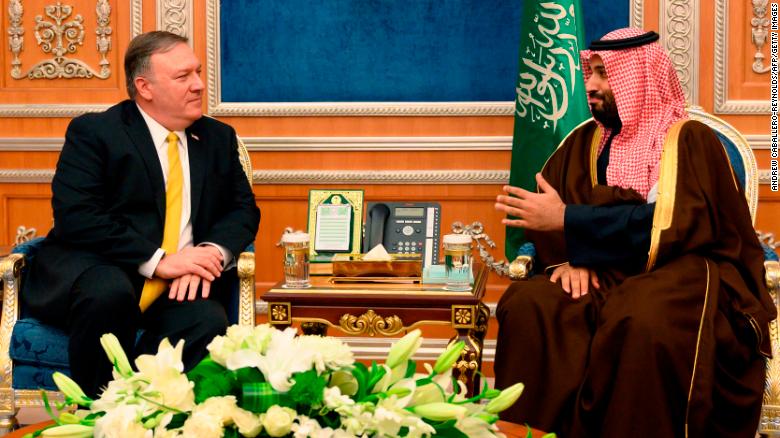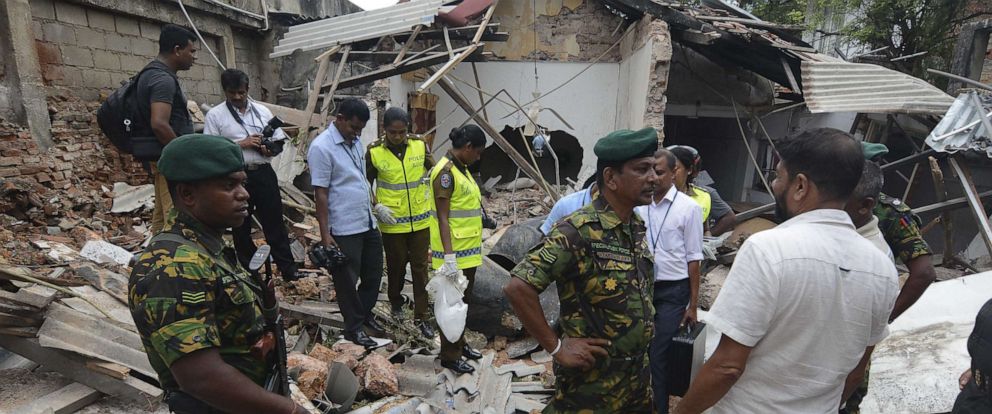"Death penalty given to 37 men convicted of terror-related crimes"
Summary: Saudi Arabia has one of the highest death penalty rates in the world. In January of 2016, one of the largest mass executions was carried out when 47 people were put to death. The executed prisoners were accused of terrorism and having an extremist ideology. Executions have seen an increase since Prince Mohammed bin Salman first emerged onto the kingdoms political scene in 2015. This comes as no surprise as bin Salman began his political career as a defense minister, overseeing an intensified crackdown on dissent. After beginning his career as a defense minister, he was elevated to Crown Prince in 2017, where he has commanded the rounding up of scores of activists, high profile clerics, analysts, businessmen, and princes, as well as women's rights defenders.
A statement was released by the SPA stating that the death penalty was given to these people because they had adopted extremist terrorist ideology's and formed terrorist cells. The statement listed the names of the 37 men killed while also denying any use of torture. Of the 37 executed, 11 men where convicted of spying for Iran, while 14 of them were convicted of violent offenses related to anti-government protests.
While Saudi Arabia has said that the event was a case of "justice being served", many people believe that the execution, which was made up of mostly Shia men, was a sham that actually got confessions through torture. While huge question marks remain over if torture was used to force these men into confessing, there remains lots of questions over the use of crucifixion on one of the executed men. Crucifixion in Saudi Arabia means that the body of an executed man is strung up and used as a deterrent. While it is true that the man is already dead, this is still a pretty disgusting way to use the body of a dead man, especially in public.
A meeting between US Secretary of State Mike Pompeo and Saudi Crown Prince Mohammed bin Salman
An official from the US State Department has reportedly urged the kingdom to "ensure fair trial guarantees". The US has stated that they have many concerns about Human Rights in Saudi Arabia and how the government is handling situations like these. There is much skepticism about freedom of religion in Saudi Arabia and whether that has to do with any of these trials. While no action has been taken, the US has stated that they have "spoken out publicly" and will continue to do so.
Reaction: While I do not agree with mass execution and the death penalty being given out so frequently, I can understand where they are coming from. Terrorism is a very challenging problem to approach and in the Middle East especially, they seem to be surrounded by it at many times. This no tolerance policy that bin Salman has adopted seems to be successful in uncovering people with intentions of terrorism, if thats what they truly are. While I do not agree with any parts of crucifixion, the big red flag for me is the questions about whether or not these trials are fair and are not trying to target a certain religion. If in fact these people are being tortured in order to confess, this is a huge human rights violation and is something that countries like the US, need to look into immediately and seek out ways to bring an end to it.
Connection: This article draws a connection to when Stalin was the leader of Russia and the show trials that went on. For example, the Moscow Trials acted almost like a purge of Stalins opposition, with the goal of elimination opposition to Stalin and people that he didn't like. And while it has not been proven that any of these trials have been corrupt and wrong, some people have come out and released statements saying that they were tortured in order to try and get them to confess. These trials also are made up of mostly Shia men, so like the Moscow Trials, it seems to be targeting a specific group of people and trying to eliminate some of them.
Questions:
1. Do you believe that these trials are fairly eliminating people with terrorist ideas or targeting a certain religion?
2. Do you believe that it is ok for Saudi Arabia to be executing and giving the death penalty so frequently and willingly?
3. Should countries like the US take a closer look into this situation and whether it is a human rights violation?



















